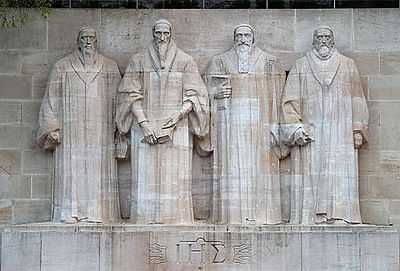Paul Landowski

| Olympic medal record | ||
|---|---|---|
| Art competitions at the Olympic Games | ||
| Gold | 1928 Amsterdam | Sculpture |
Paul Maximilien Landowski (1 June 1875 – 31 March 1961) was a Polish-French monument sculptor. His best-known work is the Christ the Redeemer statue in Rio de Janeiro, Brazil.
Landowski was born in Paris of a Polish refugee father of the January Uprising, and a French mother. A graduate of the French National Academy, he won the Prix de Rome in 1900 with his statue of David, and went on to a fifty-five-year career. He produced over thirty five monuments in the city of Paris and twelve more in the surrounding area. Among those is the Art Deco figure of St. Genevieve on the 1928 Pont de la Tournelle. He also created 'Les Fantomes', the French Memorial to the Second Battle of the Marne which stands upon the Butte de Chalmont in Northern France.
Landowski is widely known for the 1931 Christ the Redeemer statue in Rio de Janeiro, Brazil. A collaboration with civil engineer Heitor da Silva Costa; some sources indicate Landowski designed Christ's head and hands.
He won a gold medal at the Art competitions at the 1928 Summer Olympics for Sculpture, an event held from 1912 to 1952. From 1933 through 1937 he was Director of the French Academy in Rome. He also served as an art–juror with Florence Meyer Blumenthal in awarding the Prix Blumenthal, a grant given between 1919–1954 to young French painters, sculptors, decorators, engravers, writers and musicians.[1]
Landowski was the father of artists: painter Nadine Landowski (1908–1943), composer Marcel Landowski (1915–1999), and pianist and painter Françoise Landowski-Caillet (1917–2007). He died in Boulogne-Billancourt, a suburb of Paris, where a museum dedicated to his work has over 100 works on display.
Gallery
-

Gravestone at Northern Cemetery, Düsseldorf
References
| Wikimedia Commons has media related to Paul Landowski. |
- ↑ "Florence Meyer Blumenthal". Jewish Women's Archive, Michele Siegel.
|

